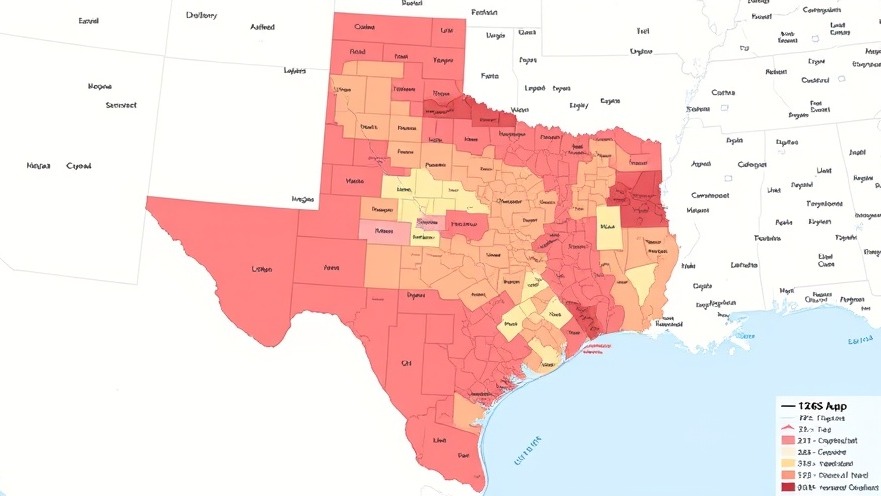
The Urgent Need for Child Care Support in Harris County
In the wake of the COVID-19 pandemic, the need for child care support in Harris County has reached a critical stage. Harris County Judge Lina Hidalgo is making a strong case for extending child care efforts, funded by pandemic relief, as that financial support is set to end. The county faces a daunting $270 million budget shortfall, leading Hidalgo to propose a tax increase to maintain and expand the programs that have been vital in enhancing child care access and quality in the region.
A Fragile Child Care System
The current child care system within Harris County mirrors a larger national dilemma where demand for quality care outpaces availability, often leaving families scrambling for reliable options. The Harris County initiative funded more than $150 million in federal COVID stimulus, which helped create new facilities and broaden access to child care, significantly opening 800 slots in local centers. However, with these funds running dry, the sustainability of these gains is in jeopardy.
While Hidalgo urges fellow commissioners to place this tax measure on the ballot for voter approval, skepticism surrounds the viability of introducing increased taxes amidst other essential public service cutbacks like libraries and health programs. Commissioner Tom Ramsey expressed concern that adding non-essential services could divert scarce resources during these financially strained times.
Comparative Insights from Texas
This scenario in Harris County is not isolated. Other cities in Texas have navigated similar paths, with San Antonio setting a notable example a decade ago when it expanded its child care initiatives. Recently, Travis County sought to increase funding via a tax hike to continue supporting after-school and summer programs, reflecting a growing acknowledgment of the essential nature of child care.
Opposing Views and Financial Realities
Despite these efforts, opposition remains strong. Some believe that in the face of fiscal challenges, priority should rather be placed on mandatory public service funding. Critics argue that investment in child care should not come at the expense of fulfilling statutory responsibilities, as articulated by Commissioner Ramsey. Furthermore, strengthening child care can also mean addressing fundamental issues such as low worker pay and training, which underpin the entire system.
The Value of Child Care Investment
Yet, Hidalgo remains steadfast in her belief that investing in child care is investing in the future. The benefits extend beyond immediate care; improved early childhood education can lead to better long-term outcomes for children, which eventually benefits the community and economy as a whole. As Harris County contemplates how best to navigate this financial crossroads, weighing the potential of child care investments against immediate fiscal responsibilities becomes increasingly crucial.
What This Means for Harris County Families
The ongoing discussions around child care funding are not just political maneuvers—they impact real families seeking care and stability. As tax debates unfold, the voices of parents and caretakers are perhaps the most vital in determining the future of child care accessibility. If successful in getting the question on the ballot, Harris County voters will ultimately decide whether they perceive value in extending child care programs that countless families currently rely upon.
Conclusion: The Importance of Community Engagement
The next steps in Harris County’s child care funding initiative will hinge on a blend of financial realism and community values. With the ramifications of this decision affecting the livelihood of many, the crucial takeaway is that informed, engaged discourse among Harris County residents is essential. The future of child care hangs in the balance, making it imperative for voters to understand the stakes involved.
 Add Element
Add Element  Add Row
Add Row 



Write A Comment